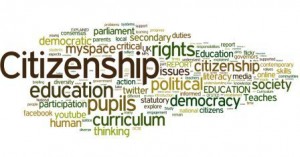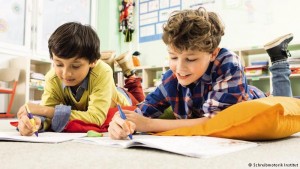It is a widely accepted fact that learning socially and emotionally has a strong and positive impact on students’ ability to perform well in academics. Our relationships and emotions can influence how and what we learn. Social and emotional learning improves students’ relationships with their classmates, teachers and families making them socially acceptable around them which in turn enhance their academic performance. Studies have shown the importance of teacher-student and student-student relationships and how they promote academic excellence. The various elements that define social and emotional skills are explained as under:

- Self-awareness: a child needs to be self-aware about his thoughts and feelings to begin with. He is able to figure out the reasons that are causing these thoughts and finally he succeeds to express them properly.
- Self-management: there can be too many responses to event but the question is which one is the most constructive one. So self-management tells the best possible way of reacting to an event.
- Social awareness: being socially aware helps a student to better understand other peoples’ feelings. It gives an idea to figure out why certain people think the way they do.
- Relationship skills: as an important aspect of ones’ behavior, a proper sense of relationship skills adjusts the interactions of students with others, how to communicate with other effectively and how to manage their expectations.
- Responsible decision making: responsibility gives a fair sense of judgment regarding the consequences of one’s actions on him as well as others. So how does one can make correct decisions? It also gives an idea as to how one’s choices aligned with one’s values. What are the creative ways of solving problems.
To know more about society and education, follow the informative blogs of our assignment help experts.




